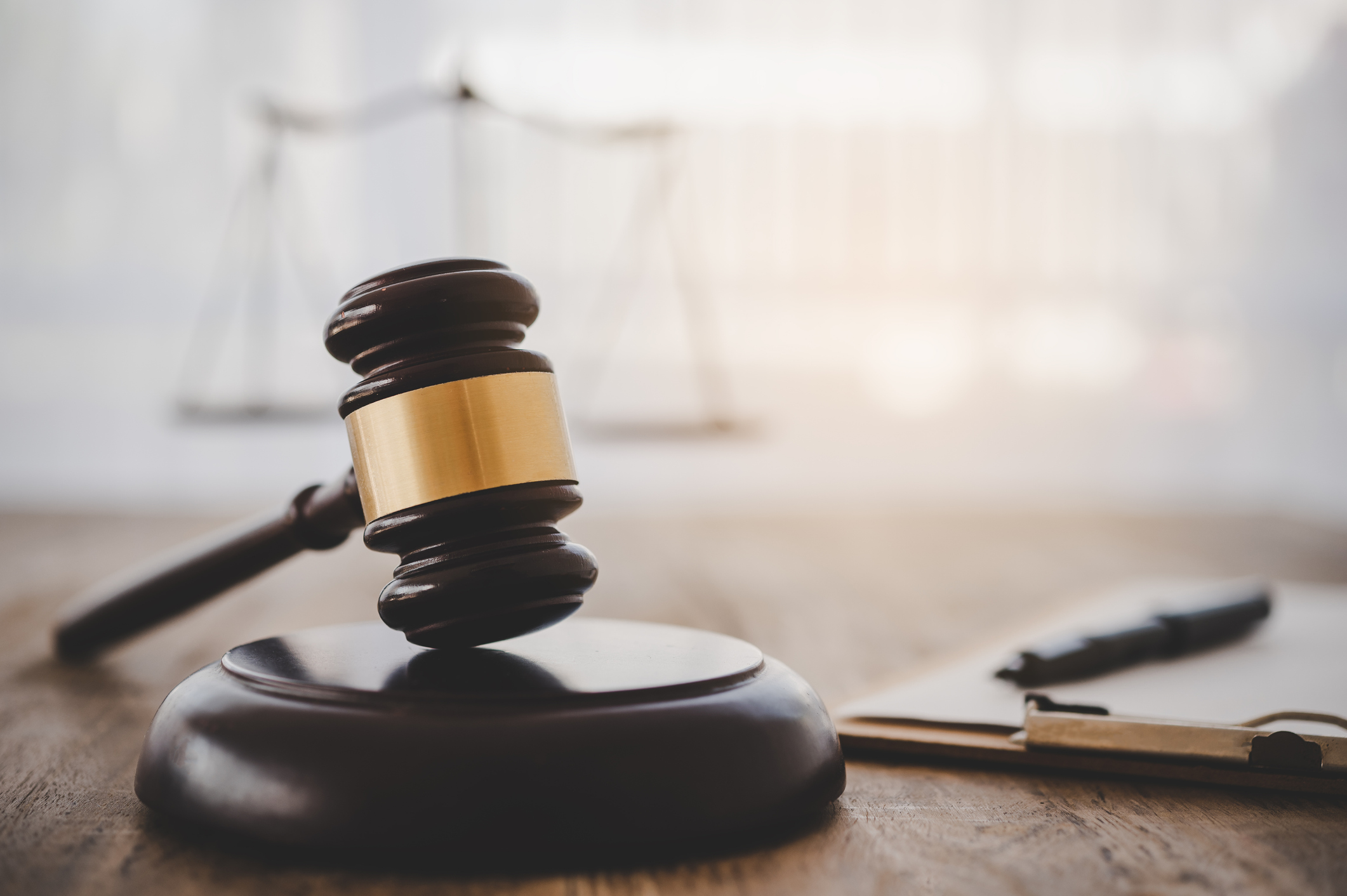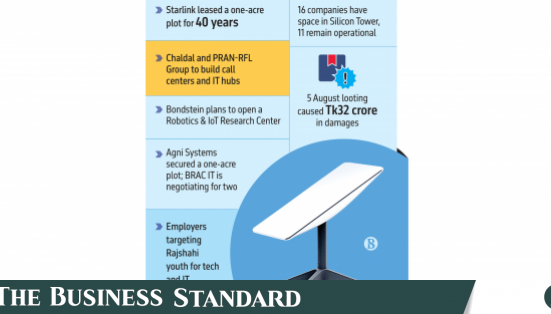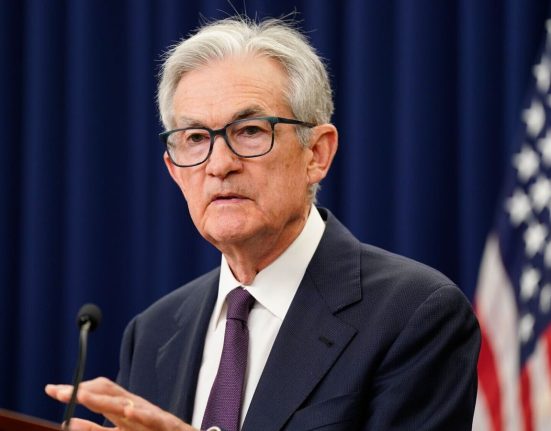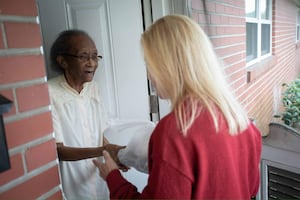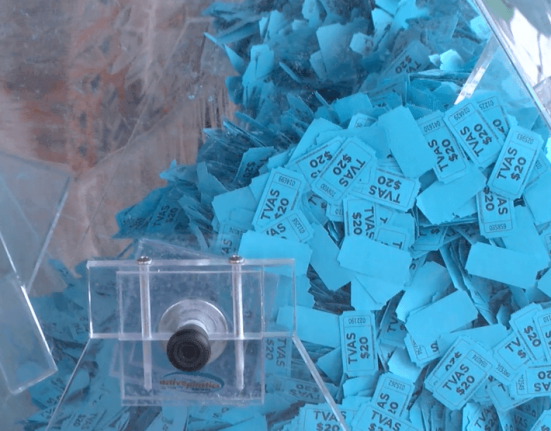The U.S. Attorney’s Office for the District of Oregon announced Wednesday it has recovered about $2.5 million from a Vancouver real estate developer who was accused of fraudulently obtaining COVID-19 relief funds and laundering the money.
Michael James DeFrees, 63, was sentenced last year to nearly two years in federal prison.
“Defendants who attempt to shield their assets from collection do so at their own peril, as the U.S. Attorney’s Office will aggressively pursue full payment from defendants who owe restitution to their victims,” Katie de Villiers, chief of the asset recovery unit for the District of Oregon, said in a news release.
The office filed liens against DeFrees’ properties after he was sentenced, obtaining writs of execution to levy and sell his personal assets, including a Duckworth boat, Ford truck, racing boat, two snow bikes and a Land Rover.
The asset recovery unit recovered the full restitution and forfeiture judgment amounts, the news release said.
The funds collected for restitution will be returned to the U.S. Small Business Administration, while forfeiture judgment funds will go to the Assets Forfeiture Fund, paying for expenses related to the seizure, management, forfeiture and disposal of the assets.
DeFrees pleaded guilty in 2023 to bank fraud, money laundering and two counts of wire fraud. In addition to his prison sentence, a judge ordered him to forfeit $1.2 million and pay $1.3 million in restitution to the Small Business Administration, according to a U.S. Attorney’s Office news release.
Between April 2020 and April 2022, DeFrees claimed Economic Injury Disaster Loans and Paycheck Protection Program loans for two businesses under false pretenses, the news release states.
Prosecutors said that on applications for the loans, DeFrees claimed he was the sole owner of two businesses — construction company Gateway National Corporation in Washington and real estate development company Yacht Harbor in Oregon — and that he had never been convicted of a crime or placed on parole or probation. But investigators said that when he submitted the applications, he was on probation for a 2017 Washington conviction for falsifying records in a bankruptcy proceeding.
Once he received the loan payments, DeFrees then laundered some of the money through a third business, according to the U.S. Attorney’s Office.

